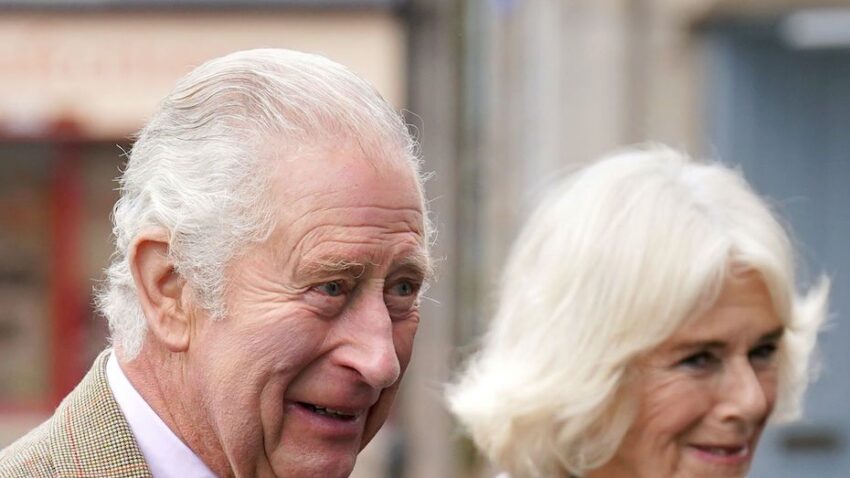Upon the passing of Queen Elizabeth II, the British royal family experienced a significant restructuring, with the line of succession changing and its most senior members assuming new titles.
As Prince Charles ascended to the throne as King Charles III, his son Prince William took on the titles of Prince of Wales and the Duke of Cornwall, which was previously held by the former king.
In addition to these titles, Prince William also acquired the Duchy of Cornwall estate, valued at over £1 billion ($1.2 billion), at the end of March.
The Duchy of Cornwall estate, a 685-year-old private estate built by Edward III in 1337, was established to provide independence to the monarch’s eldest surviving son and successor.
A charter was created at the time, stating that every future Duke of Cornwall and owner of the land would be the monarch’s eldest surviving son.
The estate spans 52,449 hectares and generates earnings from various sources such as farms and property rentals, which can be used at the discretion of the current duke.
Prince Charles has chosen to allocate a significant portion of his income from the Duchy towards covering the costs of his public and charity activities, as well as the public and private lives of his immediate family during his time as the Duke of Cornwall, according to the estate.
Last year, King Charles received an income from the estate exceeding £20 million ($23 million).
In response to criticism regarding the Duchy’s exemption from capital gains and corporation taxes, The Guardian reports that the king voluntarily paid the top rate of 45% income tax in the UK on his Duchy income last year.
With the passing of the late queen, who left behind a fortune of over $500 million, it remains unknown how her possessions will be distributed among her four children.
However, it is expected that Charles himself will receive a substantial inheritance, potentially adding to his estimated net worth of $440 million.
An agreement between the British government and the British monarch exempts certain portions of the monarch’s estate from the UK’s 40% inheritance tax if they are left to the heir to the throne.
Consequently, whatever Prince Charles inherits from his mother will be tax-free.
In other news, anti-monarchy protesters made their voices heard during King Charles and Queen Camilla’s visit to Colchester, Essex, where they were celebrating the city’s new status.
Despite the presence of these protesters, the royal couple appeared to be in good spirits.
Supporters of British republicanism, as well as well-wishers, gathered in Colchester to catch a glimpse of their majesties.
Republic, the largest group advocating for the election of the future head of state in the UK, led the protests in the run-up to the coronation.
Videos posted on Twitter captured the protesters demanding answers from Charles and Camilla, questioning why taxpayer money was being wasted.
However, the cheers of royal supporters, who continuously chanted “God save the king,” drowned out the voices of the republicans, lifting the spirits of the royals.
Graham Smith, CEO of Republic, highlighted his organization’s goals, citing a recent poll that indicated a decline in support for the monarchy among those under 45.
He emphasized the need for a serious discussion about the monarchy’s future, suggesting that the British people should be given a choice between Charles and an alternative.
Smith also mentioned that more demonstrations would take place in the coming months, including during the coronation, to underscore the point that it is not merely a national holiday but rather an expensive taxpayer-funded marketing campaign for the monarchy.
He emphasized the necessity for change at this moment.
During King Charles’ visit to Milton Keynes last month to commemorate the city’s new status, he also encountered protesters holding placards.
Despite the presence of these dissenting voices, the king took the time to engage with a few nearby supporters.
